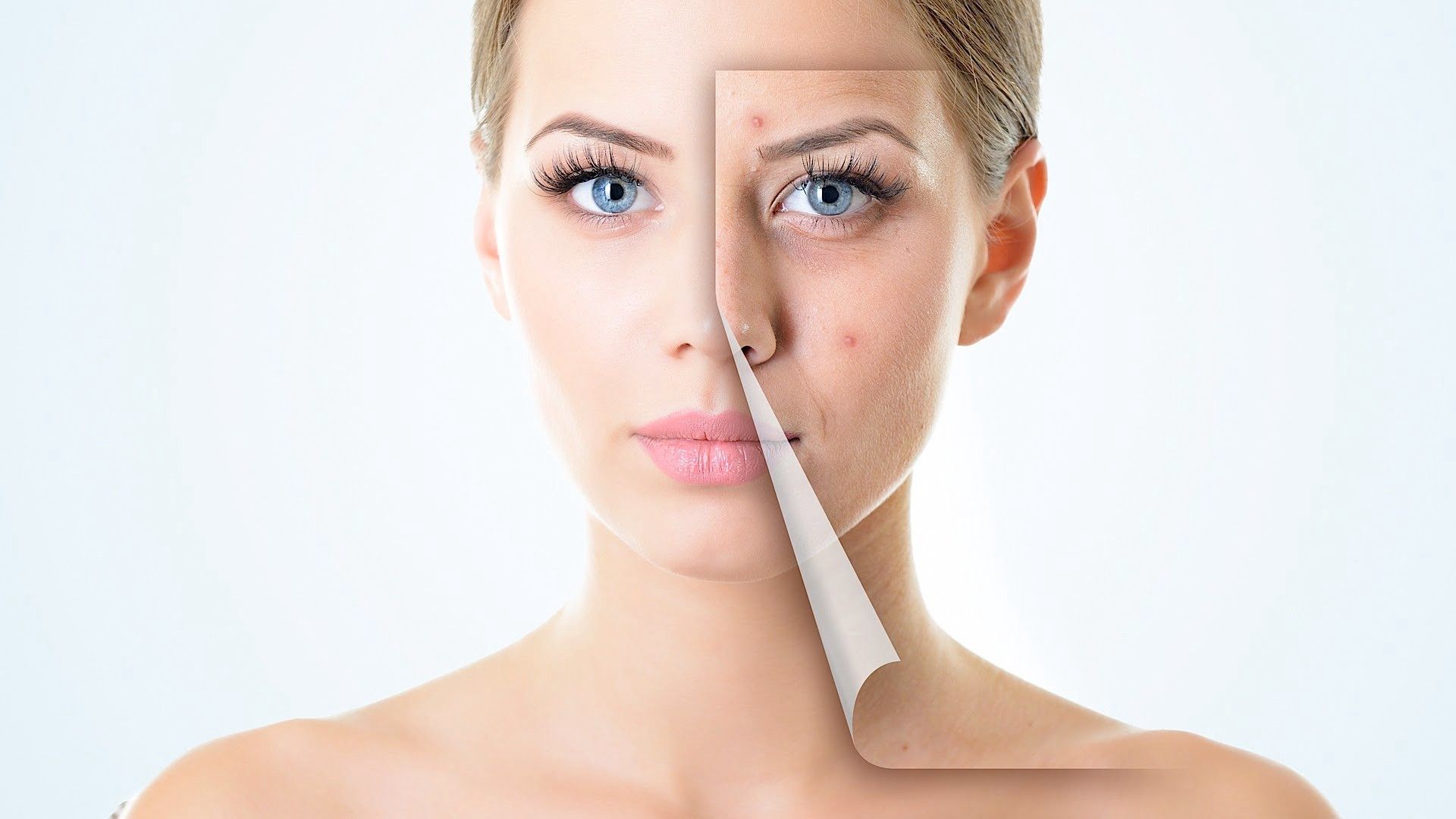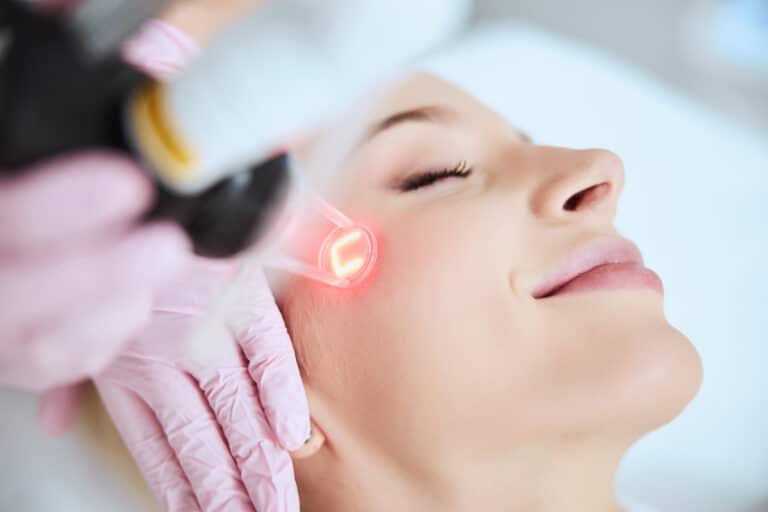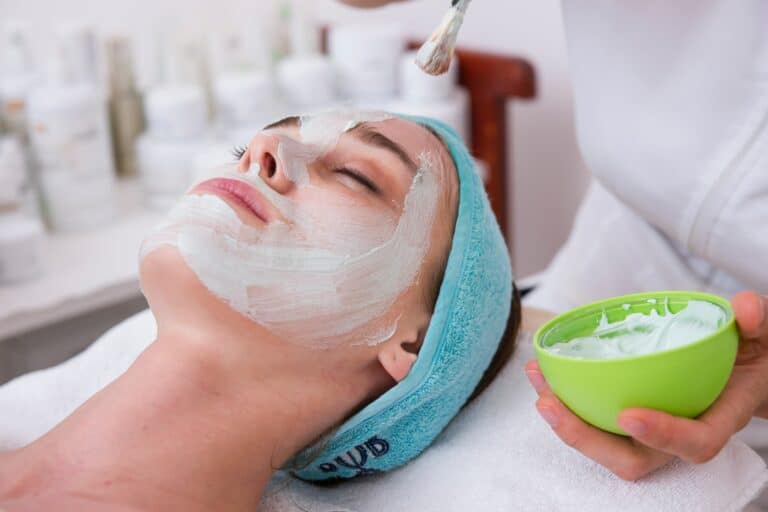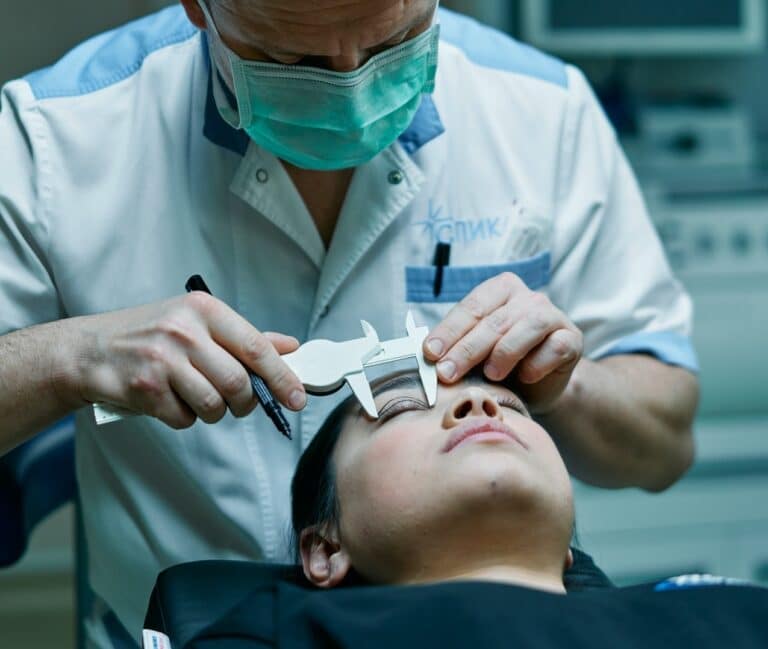Acne is a common skin disorder. This can lead to several breakouts, including inflamed cysts, blackheads, pimples, and whiteheads. However, there are a range of ways to prevent acne. Some of the rock-solid practices include following good hygiene habits, avoiding oil-containing cosmetic products, and taking medications that can help prevent acne from forming.
Often acne and pimples leave scars on the face, which are bothersome and painful reminders of this condition. However, there is a range of options to manage and reduce acne outbreaks. Several natural, over-the-counter, or prescription treatments and remedies work miraculously.
In case you were dealing with this unwanted condition all alone without the proper guidance and support to manage and reduce it, don’t stress anymore. Here we have curated the rock-solid things you can do to prevent acne breakouts or get rid of their stubborn marks.
A list of things you must do to get rid of acne-prone skin or their marks
1. Natural remedies
Most people prefer to use natural remedies to prevent acne-prone skin or clear up acne scars. However, the science behind these ways is still unclear. So, we recommend using these methods with utmost care and caution.
Some of the home remedies are as follows:
- Black seed oil: It is believed to even out skin pigmentation.
- Rosehip oil: This oil helps to reduce discoloration in post-surgical acne scars.
- Honey: It reduces future breakouts and aids in wound healing.
- Aloe vera: It is believed to promote scar-free wound healing.
2. Over-the-counter remedies
There is a range of over-the-counter remedies to prevent acne breakouts or lessen their marks. Some of those remedies are as follows:
Salicylic acid
This is a naturally occurring compound. It is extensively used as an ingredient in several acne skin care products. It helps to clear out debris, dirt, and other skin clogs that lead to blockage of skin pores, causing acne breakouts.
Experts suggest peeling products with 30% salicylic acid and applying it 3-5 times every three to four weeks. It is unlikely to cause hyperpigmentation; therefore, it perfectly suits darker skin people.
This can help with different scar types; however, sensitive skin people should do a patch test before applying it on their complete face as sometimes, it can lead to irritation or dryness.
Retinoids
Topical retinoids can help you to get rid of acne-prone skin or acne marks. It helps in several ways, including:
- Block inflammation
- Reduce acne lesions
- Speed up cell regeneration
- Lighten hyperpigmented acne scars (especially in darker skin toned people)
At the same time, always remember that its application leaves your skin sensitive to the sun. Therefore, you must always wear sunscreen when stepping out of your house.
Alpha hydroxy acids (AHAs)
Experts recommend AHAs to prevent acne and treat acne scars, and they can help increase the skin’s cell renewal rate significantly.
It is a mild acid that gently scrapes off the outermost skin layer, thereby revealing a new and fresh underskin. It helps to reduce hyperpigmentation resulting from acne scars.
However, the usage of higher concentrations of AHAs can lead to swelling, burning, or itching. So, always speak to a doctor first to get the recommended strength.
Lactic acid
It is a type of AHA. Its peel acts to peel away the dead skin cells gently. This way, it helps to reduce scarring.
In addition, it can help to lighten the dark scar tissues. However, it can lead to hyperpigmentation as well. So, it is advisable to perform a patch test before applying it all over your face to treat acne-prone skin.
Several products dedicated to acne treatment contain lactic acid. This is even present in diluted apple cider vinegar- it acts as a natural and cost-effective remedy.
Probiotic skincare
These skin care products contain live microorganisms that work by optimizing the healing properties of our skin’s good bugs.
So, for people with acne-prone skin, you must use probiotic skin care regularly. It creates an optimal environment for good microorganisms against acne-causing microorganisms. These products help you swing a good balance to get rid of acne scarring or acne-prone skin naturally.
3. Medical treatments
Medical treatments help to reduce acne-prone skin or acne scars.
Depending upon your skin type and the severity of your scarring, dermatologists, can refer you to a single or combination of procedures. Some of the popular treatments are as follows:
Chemical peels
Depending upon your skin type, severity of acne, and scars, a dermatologist can recommend the most suitable peel type.
Some chemical peels are highly effective, whereas some may be less effective. For instance, trichloroacetic acid (TCA) is highly effective in reducing acne scarring, whereas glycolic acid showed no reduction. So, you may have to try on a range of peel types to understand what works best for you.
Injections
In case you have hypertrophic or keloid scars, taking corticosteroid injections helps soften and flatten acne scars.
This treatment includes a series of injections done by experienced dermatologists once every few weeks.
Dermal fillers
Sometimes soft dermal fillers are recommended for treating acne scars, especially atrophic ones.
Options for dermal fillers include:
- collagen-based products,
- polymethylmethacrylate,
- hyaluronic acid,
- polyacrylamide,
- poly-L-lactic acid, and Silicon.
Next, depending on the filler, you must repeat the treatment after the recommended period.
Microneedling
Microneedling is the process in which tiny needles are inserted into your skin surrounding an acne scar. This treatment stimulates the production of more collagen. This helps to reduce acne scars by smoothing the skin.
Remember, this treatment can have side effects like redness, pain, inflammation, etc. However, all these symptoms do go away over time.
Laser treatment
This treatment resurfaces the skin by removing the topmost layer and revealing the younger skin underneath it. This way, it helps to reduce acne scarring.
However, this isn’t the best treatment for everybody, especially sensitive skin types. In addition, people can showcase reactions after this treatment. So, do consult a dermatologist before undergoing this treatment.
Endnote
Acne-prone skin or acne scars are an unwanted reminder of the pain and reduced self-esteem. However, with the right treatment, it is possible to reduce acne scarring.
Most people have overcome this problem with a single or a combination of the methods mentioned above. However, if you are facing stubborn scarring issues, consult a dermatologist before starting any specific treatment.










![Home Renovation Guide [2025]](/app/uploads/2021/04/design-hacks-1-378x300.jpg)
